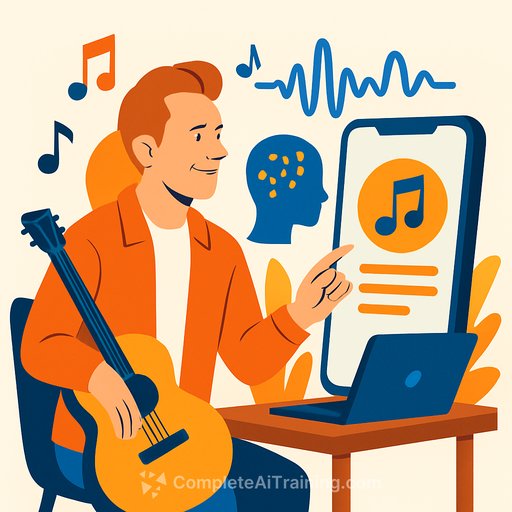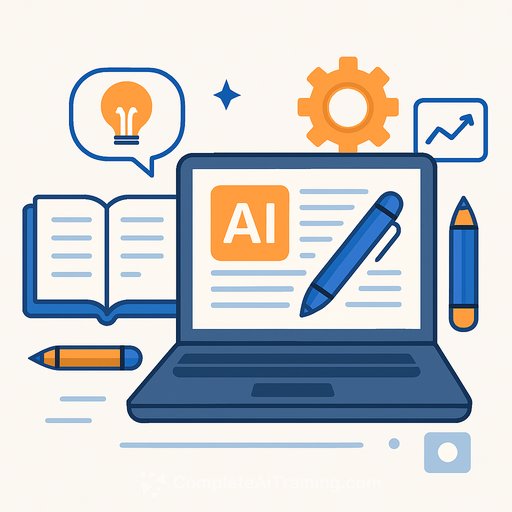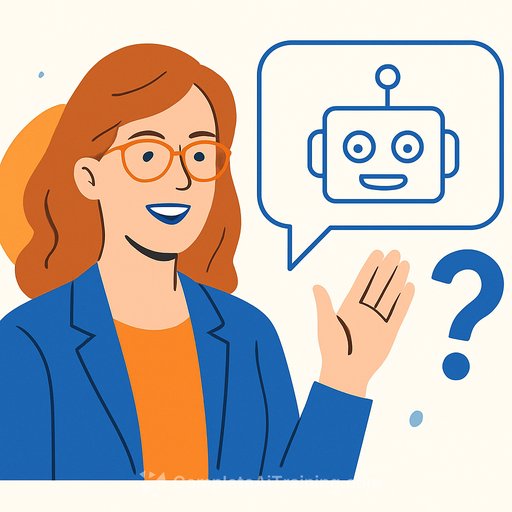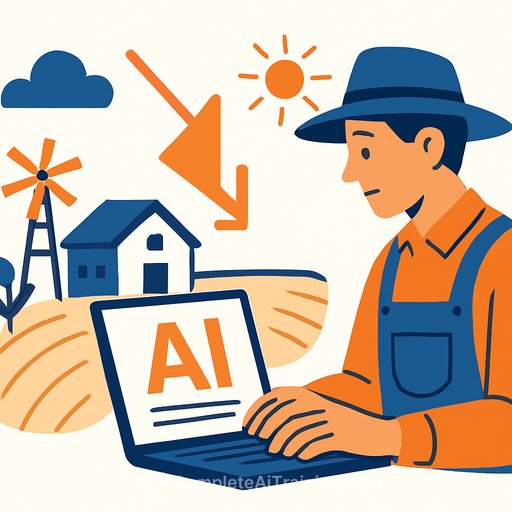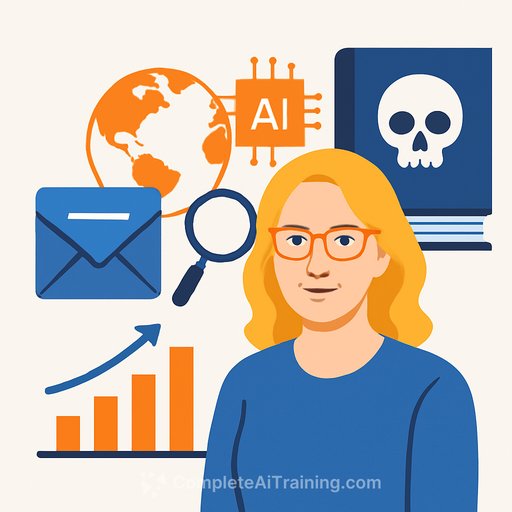Small Business Entrepreneurs
The A List Writer Launching An Alternative To AI Song Creation
Creating a song has never been simpler on the surface. With generative AI, you just input a few prompts, and the software crafts a complete track, complete with cover art and branding. But this ease raises critical questions: who owns the copyright of AI-generated music? Is it the creator, the AI provider, or the original musicians whose work trained the AI?
Recent lawsuits against AI music startups highlight the unsettled nature of this issue. Talks are ongoing to establish frameworks where AI can be trained on music catalogs while ensuring musicians and songwriters receive fair compensation.
Generative AI is useful for speeding up production or creating soundtracks for social media, and it can even help restore old demos. Still, concerns remain about rights and attribution when it comes to original public music.
Andreas Carlsson, a seasoned songwriter with credits on hits by Britney Spears, NSYNC, and Celine Dion, offers an alternative approach. He has developed a mobile app called Hyph that empowers music creation while protecting rights for musicians, songwriters, and record labels.
A Lego Box Of Rights
Carlsson’s experience as a music professional shapes his outlook. He emphasizes that his goal is not to disrupt the industry but to create a platform where musicians can monetize a growing market. Traditional music-making demands years of skill-building and costly equipment, yet many musicians struggle to earn sustainable income.
Hyph connects musicians who supply individual stems—tracks they fully control—with creators who assemble them into complete songs. Record labels and catalog holders can also authorize manipulation of their assets without losing control of rights. Carlsson describes it as a “Lego box of rights.”
Attribution And Control
Carlsson points to the success of Spotify, which balanced attribution and control while securing artists’ consent, as a model for how music distribution can work. Why would major labels share valuable music assets with young creators? For engagement and fan outreach, and to monetize otherwise dormant catalogs by letting creators revisit and remix them.
For independent musicians, the app offers a way to sell music stems to creators. This concept isn’t new—many already sell sample packs—but Hyph aims to scale this process. Musicians can build a bank of assets and participate in many projects, increasing their earning potential.
Carlsson’s motivation is clear: support self-releasing artists who struggle to make a living in today’s streaming-focused industry. While big names earn from streams, live shows, and merchandise, emerging artists often see minimal revenue from plays alone.
Initially launched in Scandinavia with investor support, Hyph supplies stems on a pay-for-work basis. Its full launch is scheduled for September, with plans to partner with streaming services and develop its own distribution. Monetization will come through subscriptions for professionals and in-app purchases.
Whether Hyph becomes a viable income source for musicians depends on its ability to scale and foster active music consumption. Carlsson believes interactive creation fits the interests of younger generations who want to engage deeply with music.
For writers and creators interested in AI and music technology, exploring structured ways to protect rights and monetize digital content is crucial. You can find useful resources on AI courses and tools that enhance creative workflows at Complete AI Training.
Your membership also unlocks:

